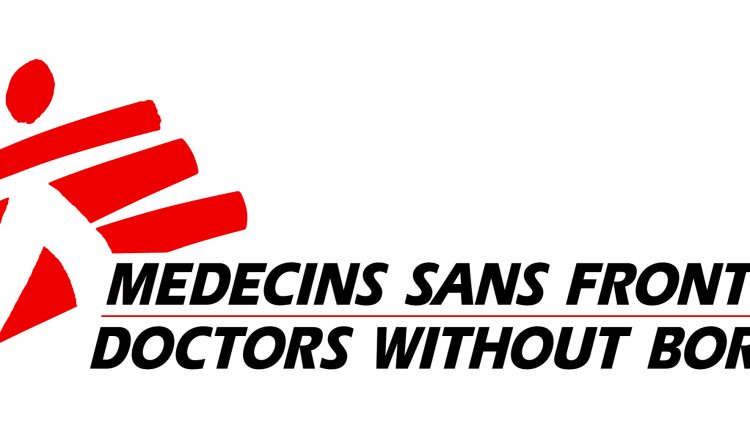Three weeks on from the large-scale ground offensive by the Rapid Support Forces (RSF) on Zamzam camp, Sudan, in early April 2025, reports of intensified fighting in El-Fasher continue, and more displaced people are arriving in Tawila, North Darfur state. People have been arriving in Tawila in a vulnerable state; many are suffering from malnutrition, and others were injured during the attack on Zamzam camp. Médecins Sans Frontières’ (MSF’s) emergency and nutrition service at the hospital in Tawila has been overwhelmed.
“They came with their machine guns. They attacked and killed people – including children. They burnt our house, with everything we had inside. They raped the women. They killed, they looted,” says Mariam*, who reached Tawila three days after the attack on Zamzam took place. “Even before the attack, people had died of thirst and of starvation because of the siege that had been imposed on Zamzam for the past year. Everything was so expensive and so unaffordable in the end.”
Mariam* arrived with her mother, her sisters and their children- a household of 20 people. All of them now spend their days squeezed against each other under the makeshift shelter they built with a few branches and a piece of fabric.
“Here, there is no food. A few people in Tawila shared a bit of millet flour with us, which we used to make porridge. This is how we have survived so far: begging,” she says. “We get the water from a tank, but they only let us fill one jerrycan per family, and we are 20 in ours. We only have one blanket for all of us.”
Since 12 April, when people first began reaching Tawila from Zamzam, the areas surrounding the town have been completely transformed, with tens of thousands of people now estimated to be living in makeshift shelters in fields that were totally uninhabited just a few weeks ago.
“For four days now, we have been staying here as you see us, with nothing: no walls, no roof,” says Ibrahim*, who fled Zamzam on foot with 11 of his family members. He carried one of his children on his shoulders and another on his back for five days. It’s the fourth time in ten years he has been displaced in similar circumstances. He described how soldiers entered people’s homes, brought them outside and opened fire. Three of his brothers were killed like this. On his way to Tawila, he got looted and witnessed people being beaten so harshly that they could no longer move.
“Under this tree, it is so crowded, we’re lacking water, or shelter… there is nothing to eat, everyone is hungry,” he says. “We’re getting some food from the community kitchens. Sometimes, we manage to get some rice when they distribute the meals, but if we don’t, we must wait until the next day to eat something. For water, we go to a borehole, but there are so many people, and we have to wait hours to be able to drink.”
A handful of organisations are present in Tawila, but the number of people in need of assistance far exceed the capacity to respond. MSF teams have set up two health posts at the main arrival sites to provide the newcomers with water and immediate nutrition and medical support. We are also referring critical patients to Tawila local hospital, where MSF has been working since October 2024.
Tiphaine Salmon, MSF’s head nurse, was working in the Tawila hospital on 12 April, the day people began arriving with serious injuries.
“The emergency room was overwhelmed,” she says. “Over the first few days, the number of patients in the hospital almost doubled. At one point, we had four patients in a bed because we did not have enough space.”
“A lot of people had gunshot wounds and blast injuries – we’ve treated 779 people over the past three weeks, including 138 children. 187 of all the patients were severe cases,” says Salmon. “The youngest I saw was a seven-month-old baby with a bullet wound that went under his chin and into his shoulder. We also received patients as young as one day old suffering from dehydration. Many children arrived without their parents – and many parents were searching desperately for their children.”
Distributed by APO Group on behalf of Médecins sans frontières (MSF).



